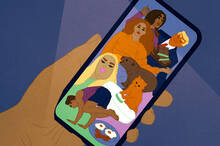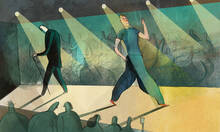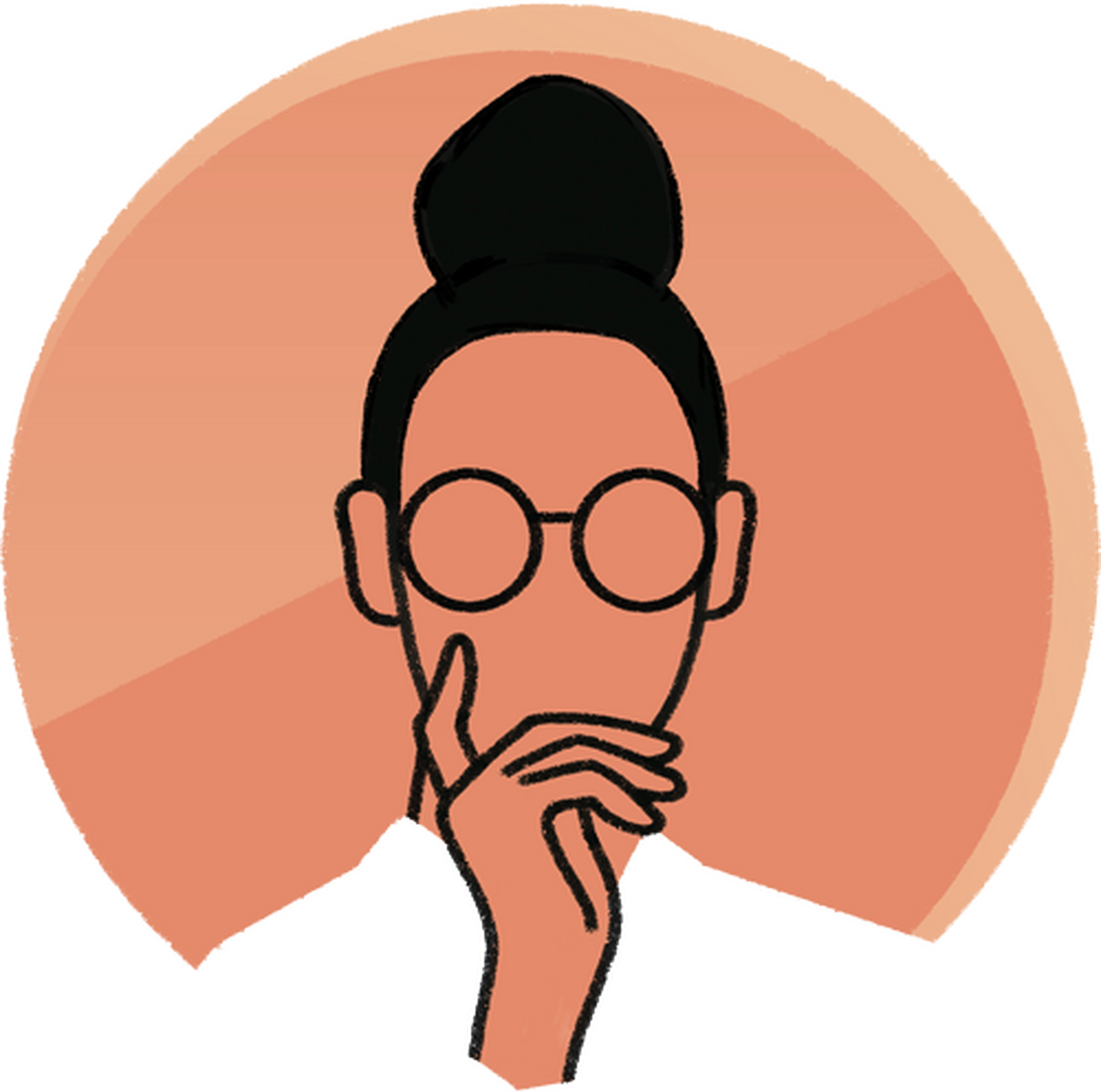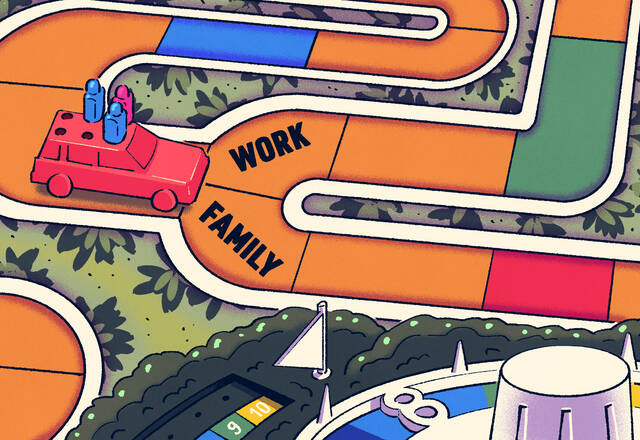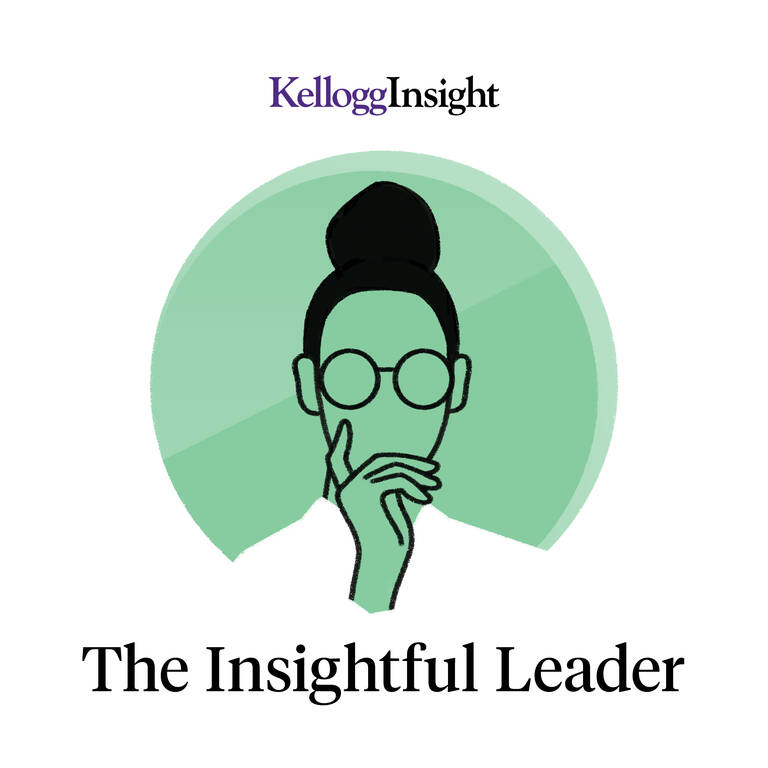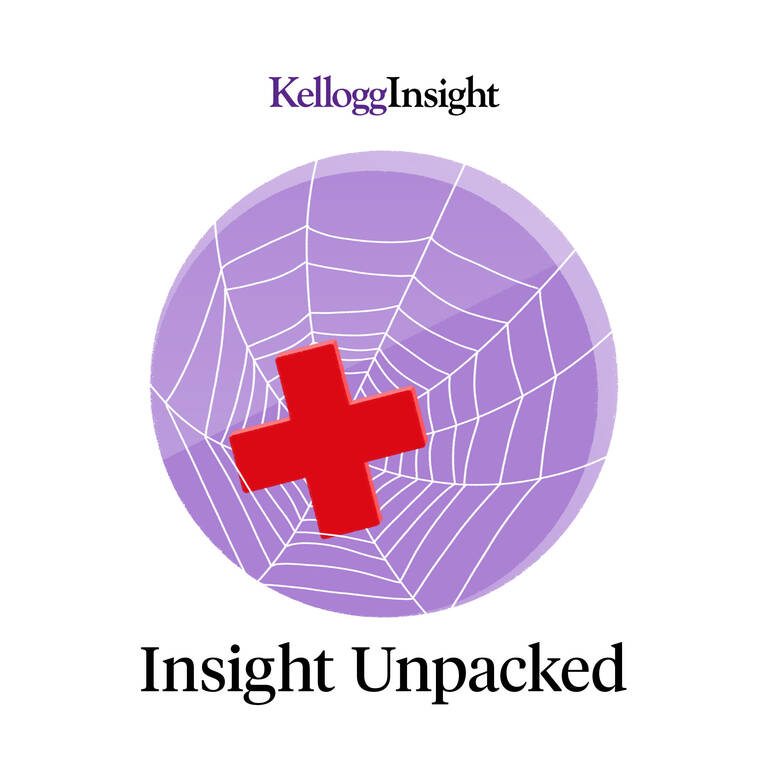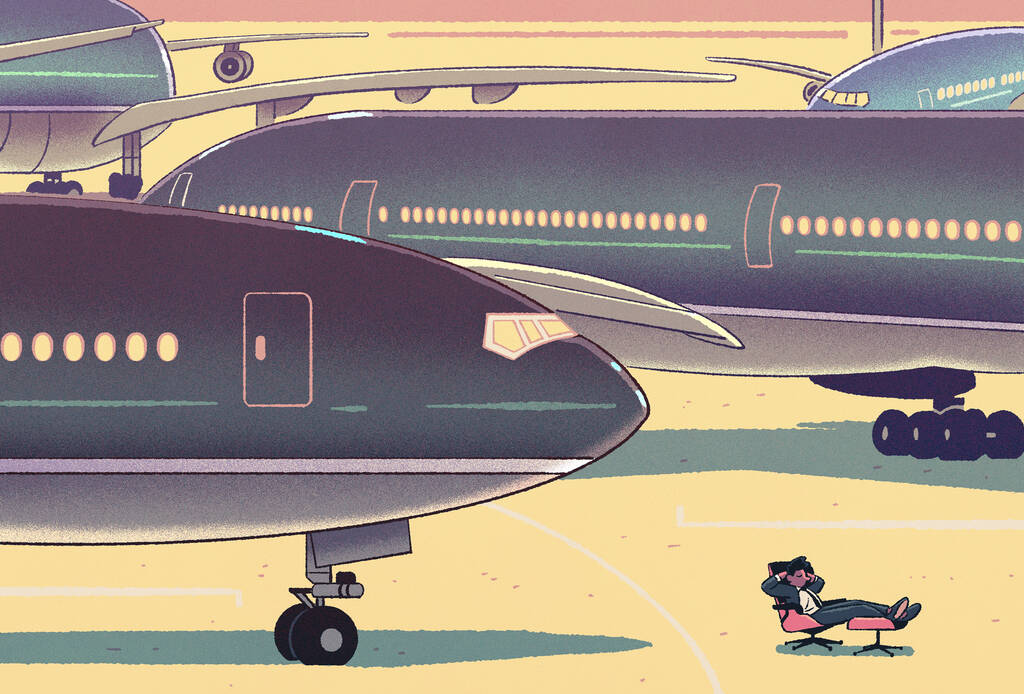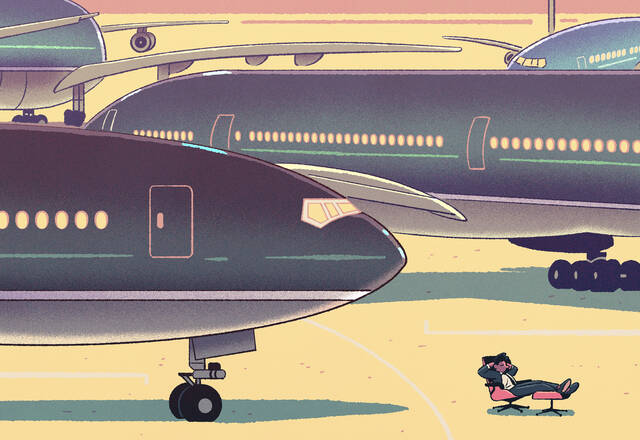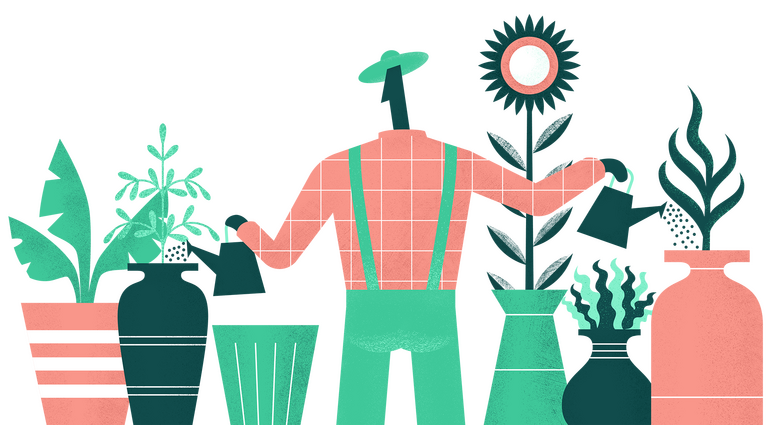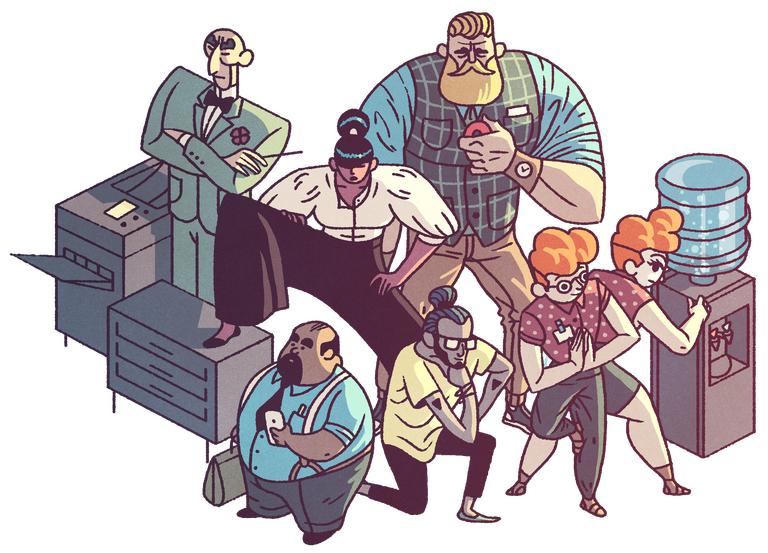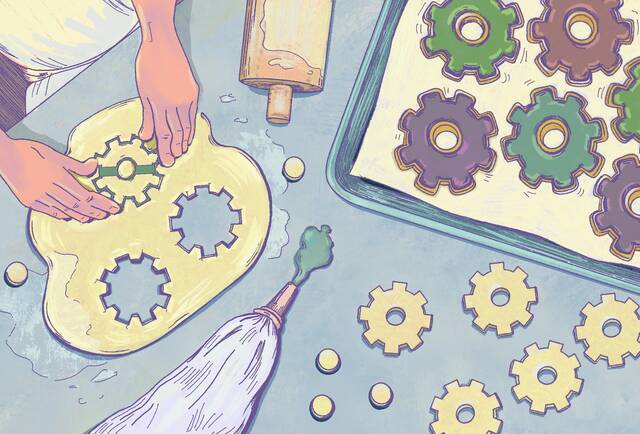
Standardizing production has helped massive companies like IKEA, Starbucks, and Coca-Cola outscale their competitors.
There’s no “correct” approach to laying people off, but on this episode of The Insightful Leader, we discuss how you can maintain your integrity through the process.
Whether you’re considering a job change or looking for a hot streak, research and insights from Kellogg faculty can help.

A new game helps people find common ground on divisive issues. But you don’t need to play to practice its principles.
On this episode of The Insightful Leader, an executive coach offers three tales of leaders who let complacency get in the way of success.
Scientists who receive the Nobel Prize and other accolades do more-novel work both before and after winning, new research finds.

Conventional wisdom says that minority-owned branding limits your audience. That’s not the case for cannabis and psychedelics.

A study of voter preferences in the U.S. and Europe—across a wide range of races, ethnicities, and political affiliations—reveals why.
Though both Republicans and Democrats have historically supported federal funding of research, one party has spent more.
Research and insights from Kellogg faculty show that our financial decisions can have ripple effects.

Affordability and rent-vs-buy tools are easy to use but can be misleading. Here’s a holistic approach to making your decision.
Cracker Barrel’s attempt to modernize overlooked how the world of marketing has changed.
Boards need to view potential CEO successors as a priority and offer them opportunities for substantial board interaction.
Can introducing a lottery for organ transplants discourage line jumpers and give everyone a better chance?
Kellogg researchers partnered with UNICEF on target product profiles for newborn medical devices for low-resource settings.

When people hear a problem is widespread, they are less likely to consider it serious—and less inclined to act.
Sustainable alternatives were once viewed as inferior to their standard counterparts. But now, consumers equate “ecological” with “reliable,” easing industry fears.
Artificial intelligence is transforming business, science, marketing, and labor. Kellogg faculty tell us how we got here and what could be next.
